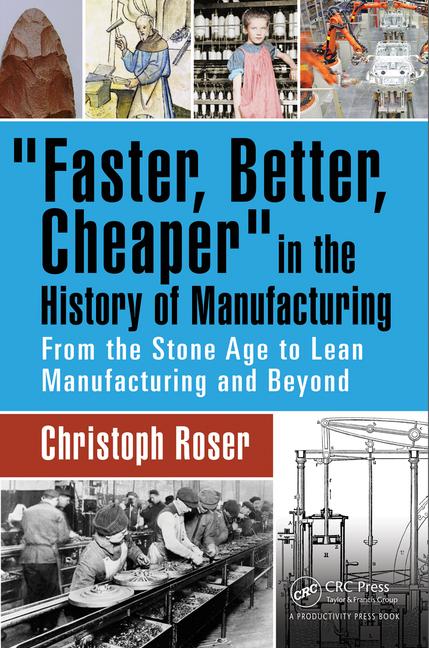SAN FRANCISCO—Air quality officials in the San Francisco Bay Area have become the first in the nation to adopt rules that will phase out new gas-fueled water heaters and furnaces in homes and businesses starting in 2027.
The Bay Area Air Quality Management District voted on March 15 to adopt a policy that, starting in 2027, will phase in requirements that only zero-emission water heaters and furnaces be sold and installed in homes and buildings. The rules don’t apply to other appliances, such as gas stoves or clothes dryers, which release far less pollution than water heaters and furnaces.
The California Air Resources Board adopted plans last year to phase out sales of gas water heaters and furnaces statewide by 2030, but isn’t going to consider setting rules to do so until 2025. The South Coast Air Quality Management District, which regulates emissions across much of Southern California, is also years behind.
Many cities in California, including Los Angeles, have banned new gas hookups, but these are the first rules that would effectively ban the sale of gas appliances.
In California, appliances such as dryers, stoves, furnaces and water heaters are overwhelmingly fueled by natural gas. Collectively, these appliances generate four times as much smog-forming pollution as the state’s gas power plants, according to state environmental officials.
The Bay Area’s gas water heater and furnace phase-out is expected to slash more than 3,000 tons of nitrogen oxide emissions each year.
Officials concede that transitioning to emission-free appliances will not be easy. The biggest obstacle is up-front cost. Electric appliances are typically more expensive than gas ones. Putting in a new heat pump costs an average of $2,900 more than a gas furnace, and a heat-pump water heater costs about $850 more than a gas one, according to the Bay Area air district. But the higher initial costs could be offset by savings, including lower utility bills, tax credits, rebates and other state and federal financial incentives.
An analysis by SPUR, a nonprofit public policy organization, found that low-income single-family households could actually save $8,000 in up-front costs by replacing gas furnaces and water heaters with heat pumps, if they take advantage of existing state and federal subsidies.
Businesses, manufacturers and the construction industry have asked for delays and other changes to the rules. They question whether the phase-out is feasible because of limited availability of heat pumps and wiring and air flow requirements that complicate installations in older homes.







